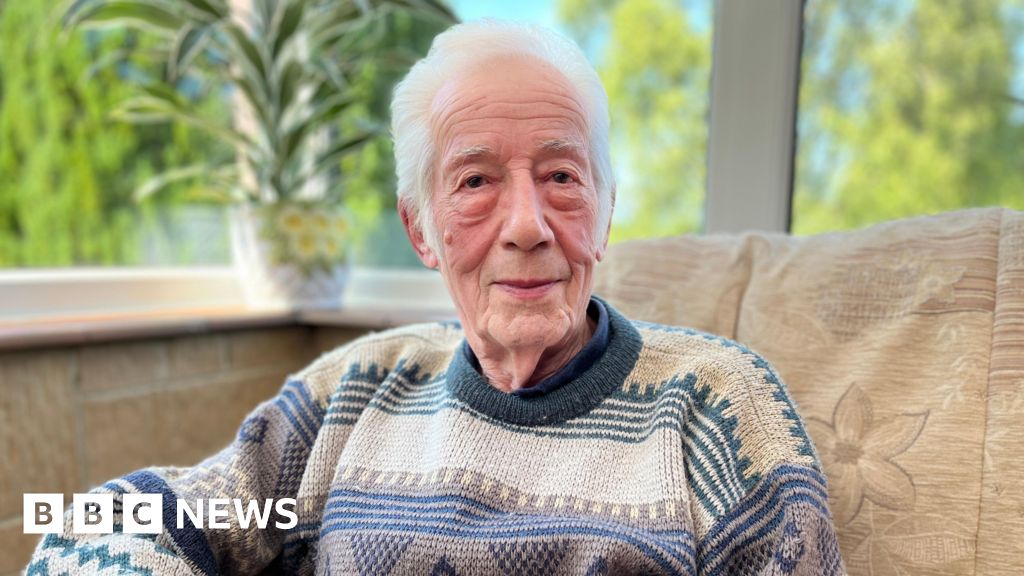Iran-Pakistan Arms Trafficking: Man Convicted of Smuggling Missile Parts to Houthis, Linked to SEAL Deaths

In a significant blow to regional security, a Pakistani national, Muhammad Pahlawan, has been convicted for his role in smuggling missile parts from Iran to the Houthi rebels in Yemen. The case has gained international attention not only due to the illicit arms trade but also due to Pahlawan's prior connection to a U.S. Navy SEAL raid off the coast of Somalia that tragically resulted in the deaths of two SEALs.
The Smuggling Operation: A Critical Threat
The smuggled missile parts, originating from Iran, were destined for the Houthi rebels, an Iranian-backed group engaged in a protracted conflict with the Yemeni government. This illicit transfer represents a serious escalation in the regional arms race and poses a significant threat to stability in the Middle East. The Houthi rebels have repeatedly used sophisticated weaponry, including ballistic missiles, to target Saudi Arabia and other nations, further fueling regional tensions.
Pahlawan's Capture and the SEAL Connection
Muhammad Pahlawan's involvement in this operation came to light following his capture by U.S. forces in January 2023 off the coast of Somalia. The raid, intended to interdict the illicit shipment, tragically resulted in the deaths of two U.S. Navy SEALs, highlighting the dangerous nature of the operation and the risks faced by American forces in combating international arms trafficking. The circumstances surrounding the SEALs’ deaths remain under investigation, but Pahlawan’s capture provided a crucial link in understanding the broader network involved.
Legal Proceedings and Conviction
Following his capture, Pahlawan was brought to the United States and faced charges related to the smuggling of missile parts. The court proceedings revealed a complex network of individuals and entities involved in the illicit arms trade, with Iran playing a central role in supplying the components. Pahlawan’s conviction marks a significant victory in the ongoing efforts to disrupt Iranian arms proliferation and hold those responsible accountable.
Implications for Regional Security and U.S. Policy
This case underscores the persistent threat posed by Iranian arms smuggling to regional stability. The Houthi rebels' access to advanced weaponry, facilitated by such illicit transfers, allows them to prolong the conflict in Yemen and expand their reach. The U.S. government has repeatedly condemned Iran’s destabilizing activities in the region and has imposed sanctions on individuals and entities involved in arms trafficking. This conviction sends a strong message to those engaged in such activities, demonstrating that the U.S. is committed to disrupting their operations and bringing them to justice.
Looking Ahead: Combating Illicit Arms Trade
The conviction of Muhammad Pahlawan is a crucial step in combating the illicit arms trade, but it is only one piece of a larger puzzle. Continued international cooperation, enhanced intelligence sharing, and robust enforcement measures are essential to effectively disrupt these networks and prevent the proliferation of dangerous weapons. The tragic loss of the two Navy SEALs serves as a stark reminder of the human cost of this illicit trade and the importance of unwavering efforts to counter it. The focus now shifts to dismantling the broader network and identifying those who orchestrated this operation from within Iran and Yemen.






